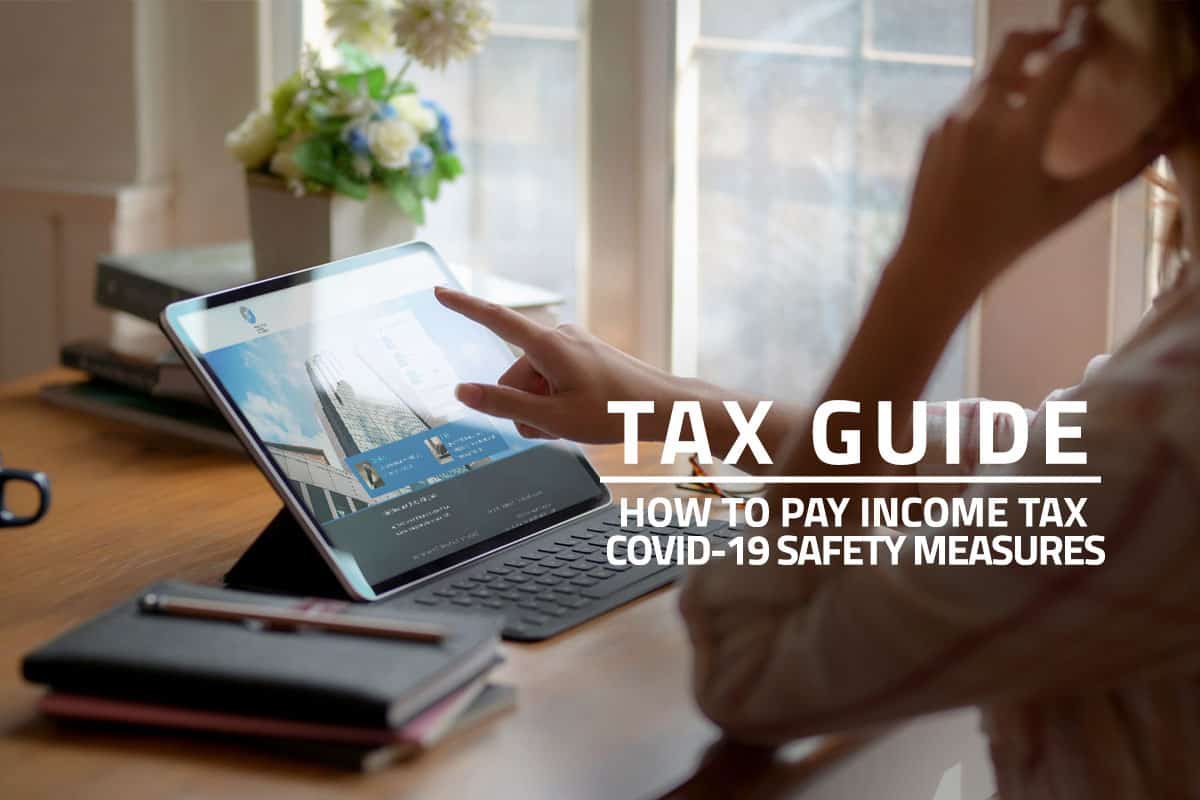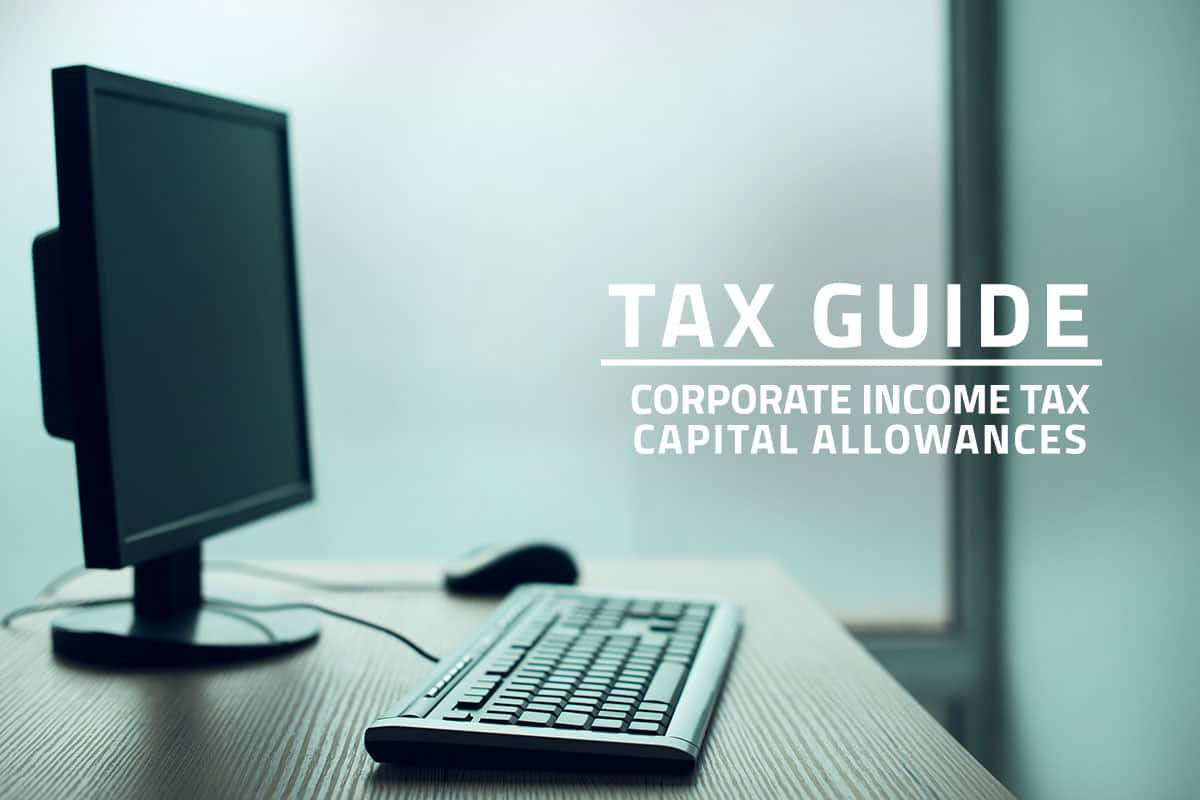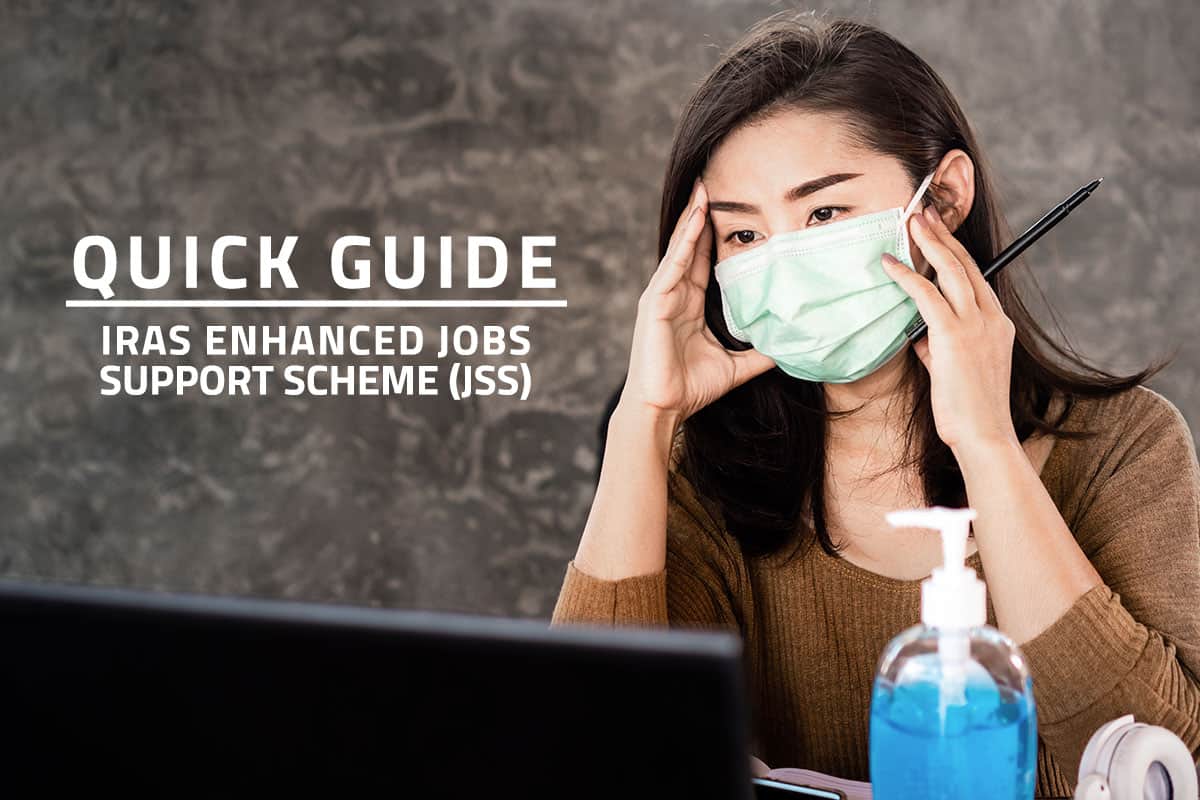Many local accountants are frequently questioned about the process of paying income tax in Singapore. By law, all individuals who receive income from their activities in Singapore must file and pay their taxes to the Inland Revenue Authority of Singapore (IRAS), unless they qualify for an exemption.

The following two situations may exempt someone from paying income taxes in Singapore:
- An individual earned less than SGD 22,000 during the year.
- An individual does not receive any income from a job, business, investment, or asset in Singapore.
Except for individuals meeting the above criteria, everyone else who earns income by working or investing in Singapore must file and pay their individual income tax every year.
How to Pay Income Tax in Singapore?
According to the 2020 Doing Business Report issued by the World Bank Group, Singapore’s process to file and pay taxes is the 7th easiest one in the world, scoring 91.6 out of 100.
The process can be completed online by following three simple steps:
- File income tax by using the IRAS’ MyTax online portal or via paper tax return filing. The deadline for filing individual income taxes for YA 2020, both online and through paper filing, has been extended to 31 May 2020 in light of the government’s ongoing safety measures against the COVID-19 pandemic.
- Check filing status to make sure the tax return was processed and approved. Tax returns are processed in batches and the IRAS usually finishes reviewing all the returns by September, which means that it could take a while for the status of your application to change.
- Payment of taxes. The IRAS offers individuals various tax payment options however a majority of taxpayers prefer to use the General Interbank Recurring Order (GIRO). Through GIRO taxes may be settled in 12 consecutive interest-free monthly instalments or a one-time yearly deduction. Application for this payment method is available via the IRAS online portal and GIRO can also be used for property tax payments in Singapore.
Due to the recent COVID-19 pandemic, Singapore’s government has authorized an automatic 3-month deferment of income taxes for companies and self-employed individuals. Employees may also opt-in to defer their income tax payments for 3 months via IRAS.
As announced during the Singapore Resilience Budget, companies and businesses with taxes due by April will start paying their taxes on June 2020 while self-employed individuals with payments due by May will start paying their taxes on July 2020.
Hiring a Professional Tax Agent
IRAS also permits authorized tax agents to file tax returns on their client’s behalf. The Authority launched an initiative to allow individual taxpayers to authorise their tax agents to access their myTax Portal accounts via an Authorisation Code.
The availability of these digital services, as well as the temporary closure of IRAS taxpayer counter services, reduces the need for unnecessary paperwork and physical contact. The government has encouraged the use of these e-services in line with the country’s social distancing safety measures.
Seeking professional advice is recommended for guidance on what tax incentives and Singapore Budget 2020 government support measures individuals, nationals and foreigners, may qualify for. Asking for a tax expert’s help can also ensure compliance with the fast-changing tax regulations brought about by the current pandemic situation.
For expatriate employees and foreigners, consulting with a tax professional about income tax matters is a good option for cost efficiency and to simplify the tax filing process.
Related Posts
Tax Guide: Singapore Capital Allowances
By law, all Singapore Companies are required to file annual income tax returns to the…
Quick Guide: IAS 20 – Accounting for Government Grants
This year, the COVID-19 crisis has adversely impacted the global economy. Singapore is no exemption,…
Singapore Guide: ISCA FRB 6 – Accounting for Jobs Support Scheme
This year, the COVID-19 pandemic has inevitably adversely impacted the global economy. Singapore companies and…
Quick Guide: Singapore’s Enhanced Jobs Support Scheme (JSS)
The Singaporean government launched the Jobs Support Scheme (JSS) in late April as part of…












